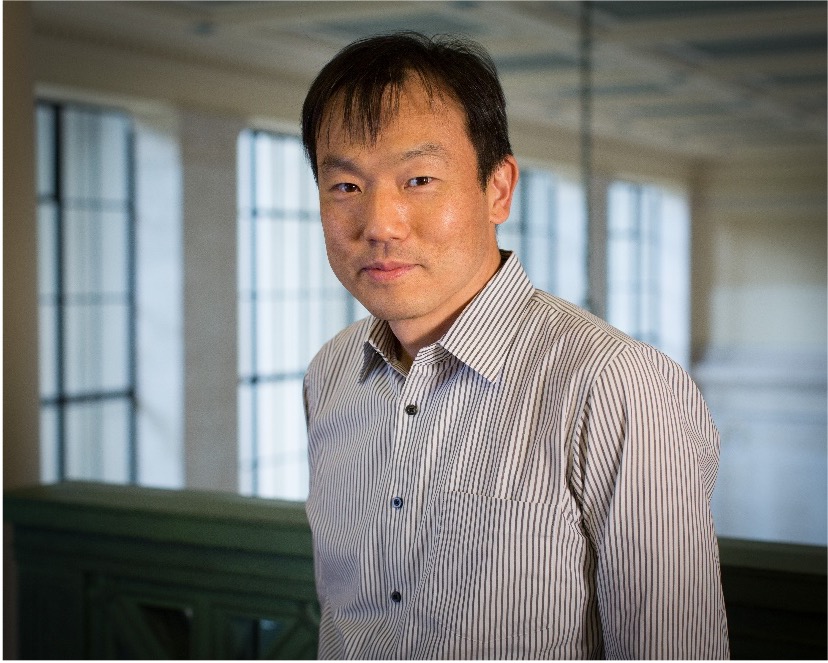Jongyoon Han
Professor, MIT Electrical Engineering & Computer Science
SENSE.nano 2021
Monday, October 25
Session 2: Physiological Monitoring
3:50 PM - 4:05 PM EDT
Abstract
In the diagnostics and surveillance of COVID-19 and many other pathogens, it is necessary to be able to detect the lowest abundance virus or bacterial cells, often contained in a large volume of original sample. Current sample preparation workflow is not adequate to handle this challenge, therefore limiting the lower limit of detection around ~10 copies/uL, regardless of the downstream sensing methodologies used.
In this presentation, Han will demonstrate that we can address this sample preparation challenge directly by introducing an efficient electrokinetic concentration system, which can concentrate dilute detection targets (viruses, cells, biomolecules) from a large sample volumes (~100mL) into a small volume (as small as ~10pL), achieving extremely high level of effective signal enhancement for downstream detection. This may allow direct, non-amplifying detection of the target biomolecules, which could enable rapid, real-time monitoring of various targets.
Using the system, Han has demonstrated that low abundance viral and bacterial targets below ~1CFU/ml can be concentrated and detected reliably, by collecting low abundance targets from a large volume of original sample (1~100mL). This system could impact not only the disease diagnostics and monitoring, but also the detection of adventitious agents in standard bioprocessing, which is an ongoing challenge in pharmaceutical industry.
 Biography
Biography
Dr. Jongyoon Han is currently a professor in the Department of Electrical Engineering and Computer Science and the Department of Biological Engineering, Massachusetts Institute of Technology. He received B.S.(1992) and M.S.(1994) degree in physics from Seoul National University, Seoul, Korea, and Ph.D. degree in applied physics from Cornell University in 2001. He was a research scientist in Sandia National Laboratories (Livermore, CA), until he joined the MIT faculty in 2002.
Han has received a NSF CAREER award (2003) and an Analytical Chemistry Young Innovator Award (ACS, 2009). His research is mainly focused on applying micro/nanofabrication techniques to a very diverse set of fields and industries, including biosensing, desalination / water purification, biomanufacturing, dentistry, and neuroscience. He is currently the lead PI for MIT’s participation for NIIMBL (The National Institute for Innovation in Manufacturing Biopharmaceuticals).

